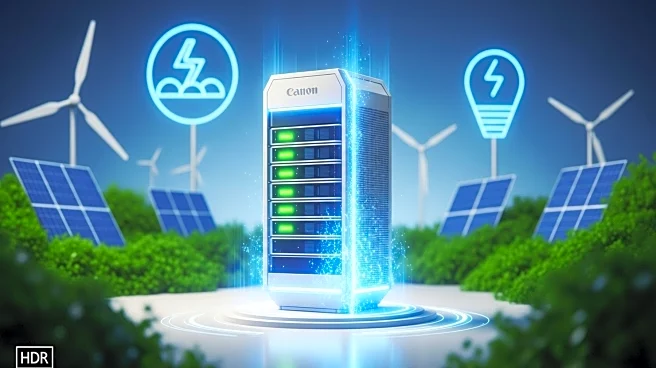What is the story about?
What's Happening?
Australia's climate change and energy minister, Chris Bowen, is at a pivotal moment as the country sees a surge in small battery installations following a subsidy scheme. The initiative, which reduces battery costs by 30%, has significantly increased energy storage capacity, particularly in regional areas. Bowen emphasizes the success of the program as evidence of widespread support for climate action beyond urban elites. The government is preparing to release a series of climate-related reports and commitments, including a national climate risk assessment and a 2035 emissions reduction target, ahead of the UN General Assembly.
Why It's Important?
The battery subsidy program's success highlights the potential for government policy to drive rapid adoption of renewable energy technologies. It also challenges the narrative that climate action is limited to affluent urban areas, demonstrating broader public engagement. The upcoming climate reports and targets will be crucial in shaping Australia's long-term strategy for achieving net zero emissions, impacting both domestic policy and international climate commitments.
What's Next?
The Australian government is expected to announce new climate policies and targets, which will be closely scrutinized by both domestic and international stakeholders. The effectiveness of these measures will influence Australia's role in global climate negotiations and its ability to transition to a renewable energy superpower. Bowen's leadership will be critical in navigating political and economic challenges to implement these ambitious goals.
Beyond the Headlines
The focus on battery storage and renewable energy underscores the economic dimension of climate policy, with implications for job creation and energy security. The initiative also reflects a shift towards decentralized energy systems, empowering consumers and communities to participate in the energy transition.
















